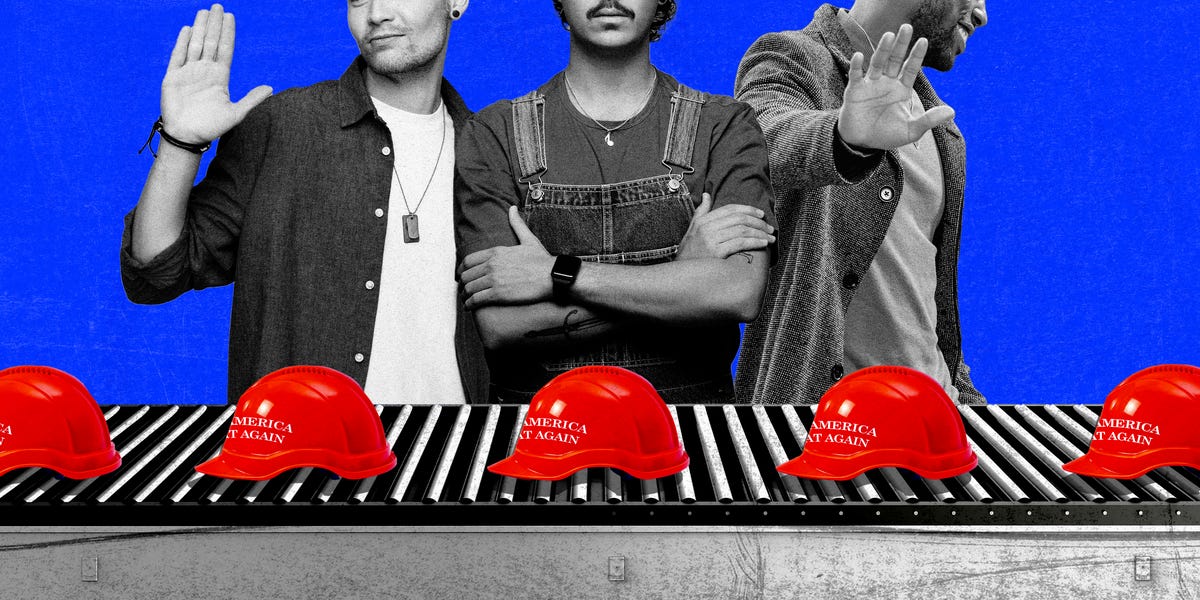Masculinity in Flux: Trump's Work Ethic Pitch Falls Flat with Modern Men

The Great American Manufacturing Comeback: Why Factories Are Struggling to Find Workers
In an era of economic revival and nationalist rhetoric, the United States finds itself caught in a paradoxical labor dilemma. Politicians and business leaders passionately champion the return of manufacturing jobs, yet workers seem increasingly reluctant to step onto the factory floor.
Despite aggressive trade policies and tariffs designed to protect domestic industries, a critical workforce shortage persists. The once-celebrated manufacturing sector, which once symbolized American industrial might, now struggles to attract talent. Young workers are gravitating towards technology, service, and creative industries, viewing traditional manufacturing roles as less appealing and potentially less rewarding.
The disconnect is stark: while political narratives romanticize manufacturing as a pathway to economic strength, the ground reality tells a different story. Modern factories require sophisticated skills, advanced technological knowledge, and adaptability—qualities that don't always align with traditional blue-collar stereotypes.
As automation and technological innovation reshape industrial landscapes, the workforce demands have evolved. The challenge isn't just about creating jobs, but making these jobs attractive, competitive, and meaningful to a new generation of workers who seek more than just a paycheck.
The manufacturing renaissance remains an aspiration, caught between political promises and the complex realities of a rapidly changing labor market.
